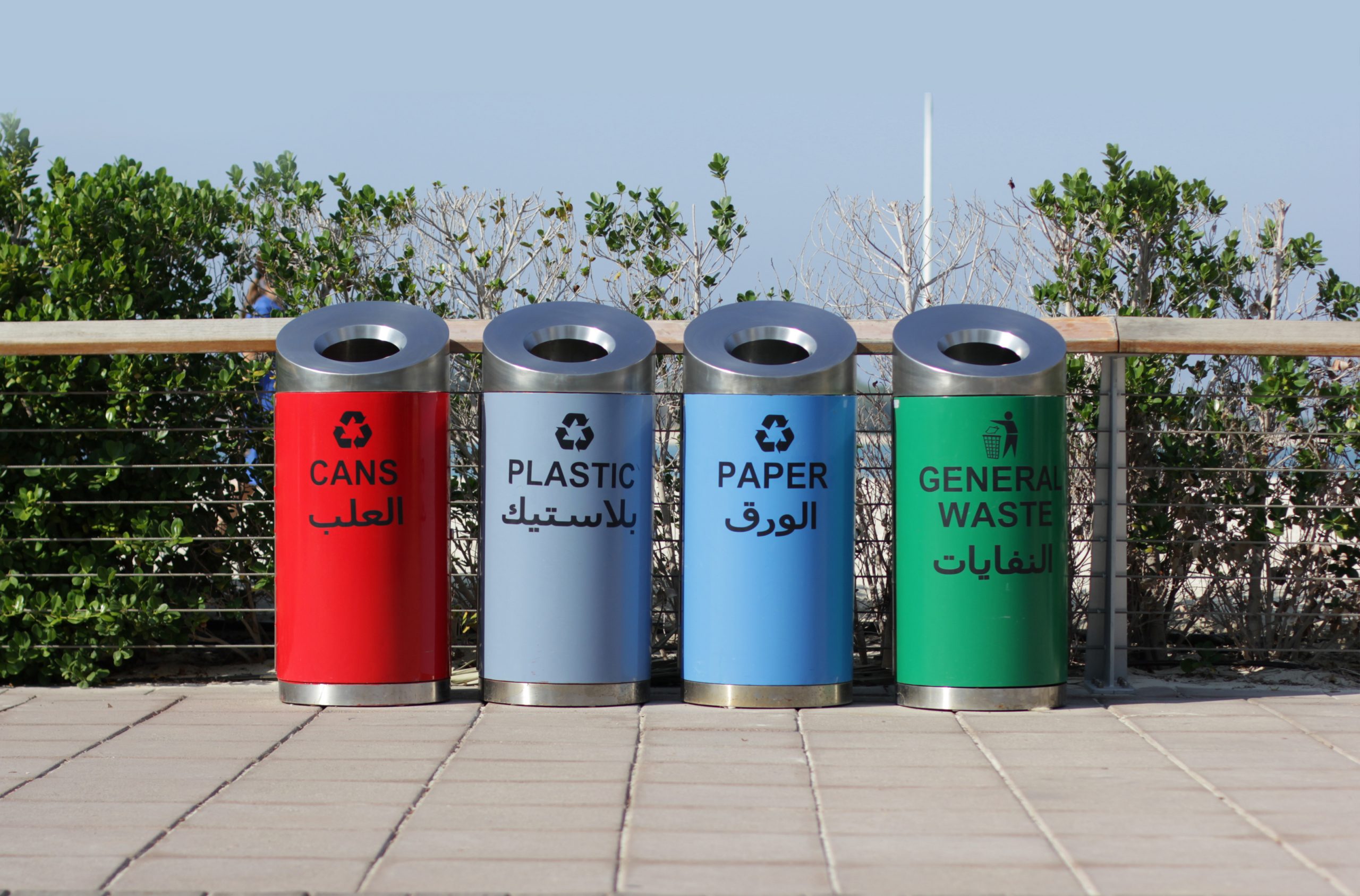The New Age of Garbage
Waste Management

March 4, 2020, 6:59 am
Samer Kamal, Environmental Entrepreneur and Chief Strategy Officer at Minus Global, shares with The Sustainabilist his vision of the waste of the future.
As cities worldwide started transitioning to smart cities, what role does waste management play in this change?
I think the waste management sector is interesting from a smart city perspective because it is essentially one of the last of the non-smart industries. Fundamentally, we merely have more efficient carriers than we did years ago. Nothing has really changed: pick up the garbage, take it as far as possible from people, and then burry it. I think the opportunities to add intelligence to the manner in which cities are operated and in the way in which people are engaged, are tremendous and essential. The waste sector, certainly in this part of the world, has a lot of work left to do. It needs to overcome the traditional models of Western structure and use technology to jump right into the twenty-first century.
In the West, cities have been built across spaces, rather than individual locations within communities, where there are collection points that lead to transfer stations, that lead to bigger stations, that finally lead to disposal and treatment points. Basically, an entire transportation infrastructure has been developed, but in this region and given that the UAE is a young country, we do not have to follow these legacy systems. We can leverage advanced technologies to optimize this sector and leapfrog over the conventional waste management model.
What are smart waste technologies?
For me, smart waste does not refer to the increased collection and transportation efficiency. Smart waste is what will disrupt the transportation model. As an example, Orca, our first portfolio company, uses a technology that perceives organic waste in a fundamentally different way from traditional models. Organic trash contains nutrients and energy. If we are to send it to a landfill, the transportation will release emissions, and once there, it will release methane. If instead, we aerobically digested it using a sewage network, it would be a far more energy efficient mean to transport the organic materials than through trucks.
How does the Orca technology work?
It is pretty straightforward. Orca is a machine that looks like a freezer. When food is discarded into it, aerobic bacteria break down the food until it becomes a very fine light liquid and it goes through a sewage drain to the sewage treatment plant. These facilities separate the liquid from the solid materials thus extracting the water from the food, which typically makes up 70% of the waste. At the end of the process, you are left with a digested food waste, whose molecular composition is simpler than that of food. This can be used for energy fertilizers while the water gets treated, reused, and recycled.
What do you think the main challenge in the waste management industry is right now?
I think that the biggest problem of the waste industry is that the majority of the waste industry follows a produce-consume-dispose model. The concept of trucking and dumping waste with possibly some form of treatment before dumping is still widely adopted. The focus is on making this system more efficient, but what we really need to do is question the fundamentals of how waste is managed in its entirety.
My colleagues and I believe that distributed solutions for waste management are likely the right next step. So, instead of large manufacturing facilities, small localized solutions in the vicinity of the waste generation will solve the problem.
What do you hope that the future will entail in terms of management and resources globally?
My hope is that the world will begin to consider circularity more in depth to really understand the resources we utilize. One of the most interesting businesses that we are currently following is a waste-to-energy company that produces synthesis gas out of mixed waste. They have been able to extract certain long-chain hydro-carbons that are elements used for the production of plastic. They can take mixed municipal waste and make virgin plastic. This means that we no longer need to rely on the planet to process our waste over millions of years and produce the fossil fuels that are then refined and made into plastic. We are able to accelerate this process through the management of waste.






